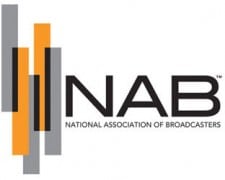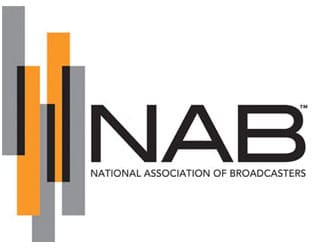 NAB EVP of Television Marcellus Alexander told representatives of the City of New York that the retransmission consent process works almost every time, unless the entity sitting on the MVPD side of the table is one of three specific companies, including Time Warner Cable. He also pointed out that broadcast still provides key programming at a bargain price.
NAB EVP of Television Marcellus Alexander told representatives of the City of New York that the retransmission consent process works almost every time, unless the entity sitting on the MVPD side of the table is one of three specific companies, including Time Warner Cable. He also pointed out that broadcast still provides key programming at a bargain price.
Marcellus appeared at a hearing held by the New York City Council Committee on Consumer Affairs and Subcommittee on Zoning & Franchises called “Oversight: Time Warner Cable, CBS and the Consumers Stuck in the Middle.”
Marcellus noted that 99%of all negotiations between broadcasters and cable operators are conducted without a service disruption, that broadcast programming costs but a tiny fraction of the revenue pulled in by cable companies, and that the percentage of programming costs incurred to carry broadcast is also dwarfed by what is paid for basic cable services.
Although broadcasters have been steadily increasing their retransmission income, and that this income is projected to continue growing, it is still very reasonable. In fact, an SNL Kagan projection for the year 2016 has local broadcast earning only 12% of the carriage fees that will be going to basic cable channels.
Marcellus noted that broadcasters use retrans income in part to provide emergency service, as it did during Hurricane Sandy when many cable systems were taken down by the storm; and further, that many local broadcasters are investing in more local news programming and additional news staffers.
He testified that in four out of every five negotiations that feature a disruption, the broadcaster’s identity is variable but the MVPD is either TWC, Dish or DirecTV.
What this means, suggested Marcellus, is that the vast majority of cable operators are willing to accept the current system as it is while these particular three are seeing if they can break it and change it in their favor.
Marcellus said that there is no need to reformulate a system that works 99% of the time. He suggested instead that regulators look at ways to make competition between MVPDs more effective, particularly by making it easier for consumers to move from one to another, a practice inhibited by long term contracts and penalties for undoing them. He also suggested a requirement that the MVPDs pay refunds to customers for channels that have been blacked out.
Concluded Marcellus, “Mr. Chairman and committee members, thank you again for the opportunity to visit with you today and to appear alongside my industry colleagues from CBS and the New York State Broadcasters Association. There are some areas where we could enhance consumer awareness and choice during carriage impasses, but we continue to caution against policy changes to television carriage laws and the unintended consumer harm that would result.”






When I worked at Ion, they could not charge anything for re-trans because the cable and dish providers said it was not worth anything. So our local manager went to the cable and dish managers and asked if they could go ahead and carry Ion Life and Kubo. Dish and Direct said they couldn’t give up that much backhaul capacity and Time/Warner said they would be happy to back haul both of them for $30000 per month each. That’s $6000 per month Ion would have to pay Time/Warner to carry the extra channels. Needless to say Ion said no.
Does anyone have the phone number for the free NAB tower installation team? I need a 1,890-foot high tower for my house in Malibu to pick up Channel 2 from Mt. Wilson, 40 miles away.
Comments are closed.